Home
Queen Elizabeth was buried in St George’s Chapel, Windsor Castle, beside her husband and father, after a funeral at Westminster Abbey. In the ten days of mourning, six days were devoted to a lying-in-state at Westminster Hall, for which the public queued around the clock, often for more than five miles and ten hours. A livestream broadcast on television accustomed viewers to Gentlemen at Arms with swan-feather plumes and Yeomen of the Guard with ribboned hats guarding the catafalque. The public were courteous, silent and moved.
King Charles completed a tour to Edinburgh, Belfast and Cardiff during the days of mourning, making speeches, meeting crowds and speaking in Welsh. After the state funeral service at the Abbey he followed Queen Elizabeth’s coffin, drawn on the state gun-carriage by 142 sailors, in a procession a mile and a quarter long to the Wellington Arch, accompanied by his sister, the Princess Royal, and his brothers, the Duke of York and Earl of Wessex, and followed by his sons, the Prince of Wales and the Duke of Sussex. Some in the crowd clapped the coffin, some threw flowers. At each minute of the 45-minute procession Big Ben tolled and a gun saluted. Trains to Paddington did not run on the day because of overhead cable faults. Foreign royalty attended. Xi Jinping, the ruler of China, was invited and sent Vice President Wang Qishan; Mohammed bin Salman, the ruler of Saudi Arabia, was asked but fortunately did not come; US President Joe Biden came but didn’t have to travel on a bus with other heads of state.
Businesses would benefit from a capping of energy prices for six months from 1 October under a big government subsidy scheme. Kwasi Kwarteng, the Chancellor of the Exchequer, prepared this week’s ‘fiscal event’, starting with the abolition of the National Insurance rise, the postponement of a corporation tax rise and the lifting of a ban on bankers’ bonuses. Liz Truss, the Prime Minister, flew to the UN General Assembly in New York, planning to talk to Mr Biden, but declared that no trade agreement would be struck with the US for many years. She pledged more help for Ukraine. Britain contemplated a new European Political Community, hatched by Emmanuel Macron. In England, the number of people testing positive for Covid fell to one in 75 by the first week in September (from one in 70 a week earlier) and in Scotland rose to one in 45 (from one in 50) according to the Office for National Statistics. Public disorder between Muslims and Hindus in Leicester led to 47 arrests.
Abroad
President Vladimir Putin called up 300,000 reservists for his war against Ukraine. President Volodymyr Zelensky of Ukraine met soldiers in the recaptured city of Izyum. Hundreds of bodies on the outskirts of the city were exhumed. Ukrainian forces claimed control of the Kharkiv region and retook a village in the Luhansk region. Russia’s Black Sea fleet relocated some of its submarines from their home port of Sevastopol in Crimea for fear of long-range strikes. Russia called snap plebiscites in occupied Ukrainian territory. The Duma rushed through a bill to punish desertion during times of general mobilisation. Mr Putin acknowledged after meeting Xi Jinping in Uzbekistan that China had ‘questions and concerns’ about Ukraine. Asked what he’d say to the use of tactical nuclear weapons by Mr Putin, Mr Biden said: ‘Don’t. Don’t. Don’t. You will change the face of war unlike anything since World War II.’
A hurricane cut off the power for the 3.3 million people of Puerto Rico. In Japan nine million people were told to leave their homes as a strong typhoon swept over the country. Clashes on the border of Kyrgyzstan and Tajikistan left more than 90 dead. Banks in Lebanon closed for three days after a series of raids by customers demanding access to their frozen savings.
Asked if America would defend Taiwan from an attack by China, Mr Biden said: ‘Yes, if in fact there was an unprecedented attack.’ As China recorded its first case of monkeypox, the chief epidemiologist at the Chinese Center for Disease Control and Prevention told people not to have skin-to-skin contact with foreigners. Texas and Arizona sent 300 buses carrying 13,000 migrants to Democrat-controlled Washington DC, New York and Chicago; another Republican state, Florida, did the same thing.
Got something to add? Join the discussion and comment below.
Get 10 issues for just $10
Subscribe to The Spectator Australia today for the next 10 magazine issues, plus full online access, for just $10.
You might disagree with half of it, but you’ll enjoy reading all of it. Try your first month for free, then just $2 a week for the remainder of your first year.

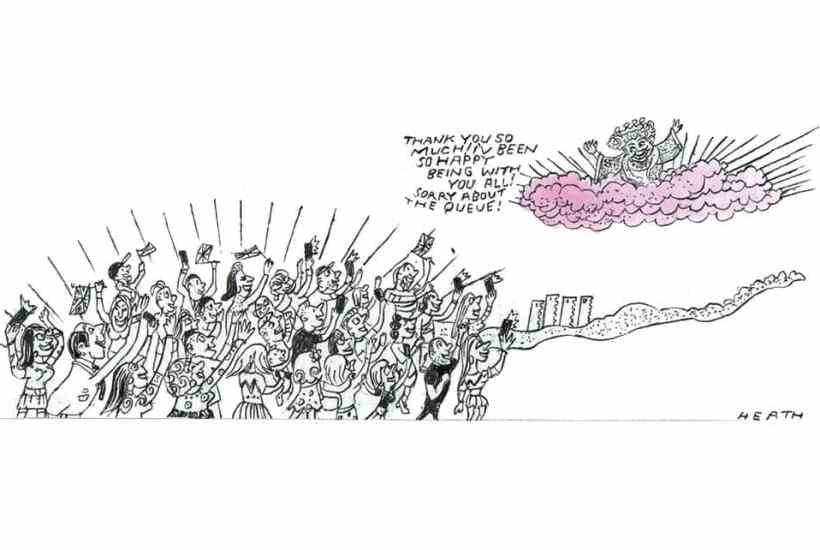
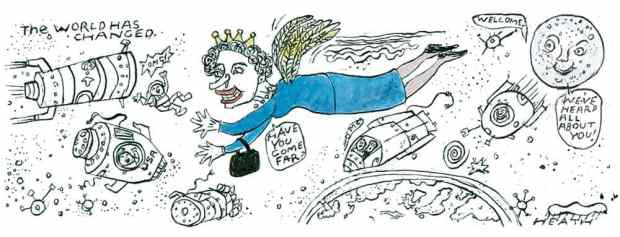
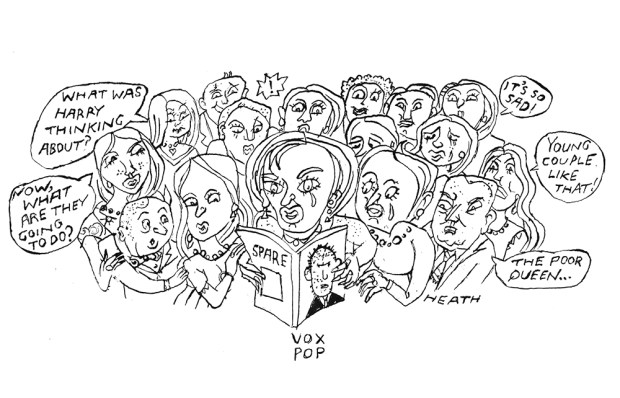
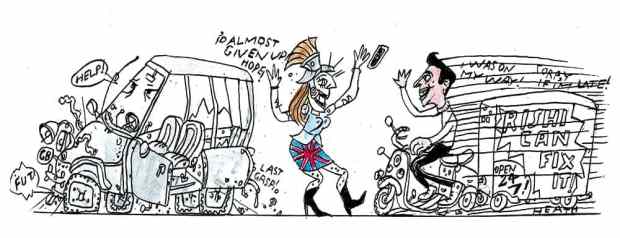
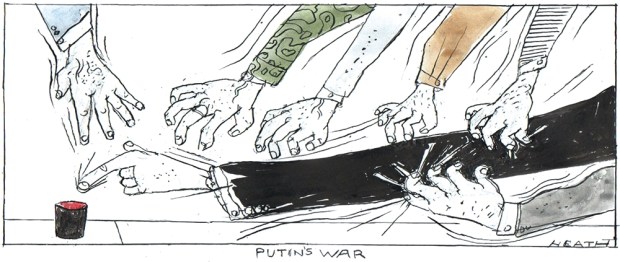
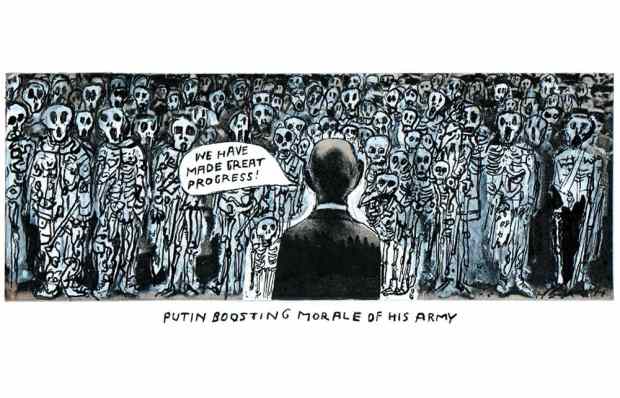
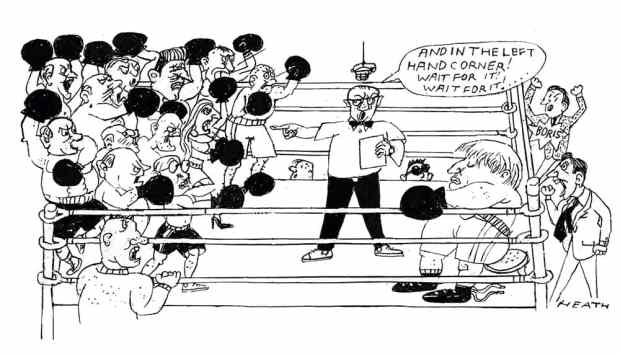






Comments
Don't miss out
Join the conversation with other Spectator Australia readers. Subscribe to leave a comment.
SUBSCRIBEAlready a subscriber? Log in